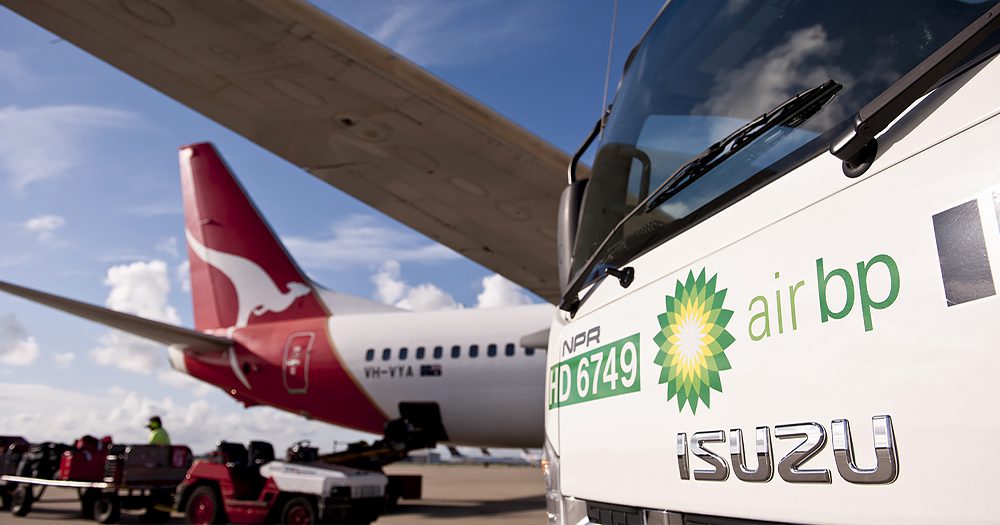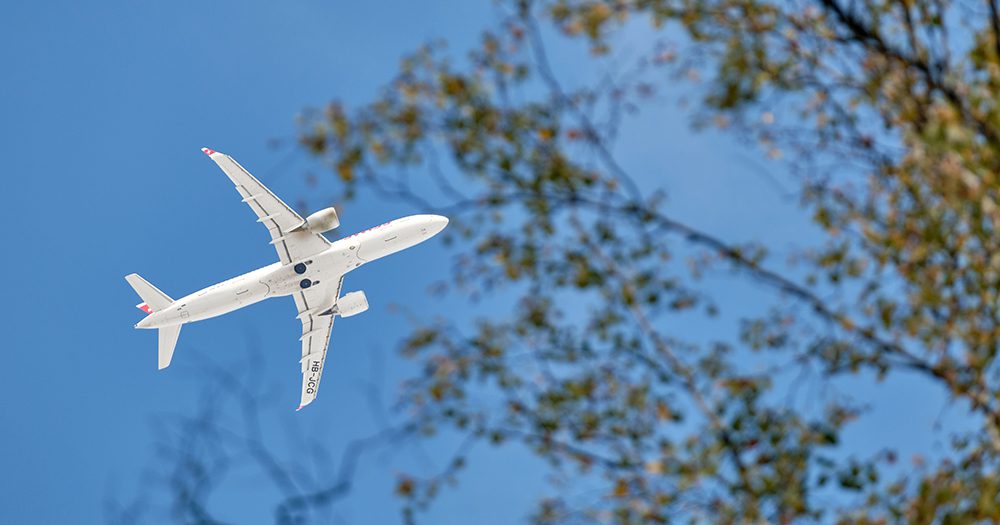The World Travel & Tourism Council (WTTC) has sent out a strong message: it’s high time governments worldwide roll up their sleeves and get serious about boosting the production of Sustainable Aviation Fuel (SAF).
Currently, Sustainable Aviation Fuel (SAF) accounts for less than 1 per cent of global aviation fuel use. According to the aviation industry, this limited use of SAF makes it impossible for them to reduce carbon emissions at a rate that would enable them to achieve their target of becoming Net Zero by 2050.
The aviation sector is banking on SAF and new technologies like hydrogen and electric propulsion to reduce emissions, as well as planning to bring in newer, more fuel-efficient planes and make operations more streamlined such as improving air navigation and continuing offsetting programs.
The big problem right now is that there isn’t nearly enough SAF being produced to meet demand. Even though we’ve seen a surge in production lately, we’re still way behind where we need to be.
This isn’t just an issue for the airlines. Without enough SAF, governments might struggle to reach their climate goals, as outlined in the Paris Climate Agreement.
To tackle this issue head-on, the WTTC is calling on governments to offer sweet deals to encourage investment in SAF production, like tax breaks and grants. They also want to see governments working together to set ambitious SAF production goals and standardise SAF rules and standards worldwide.
However, there are already some success stories out there. The US, for instance, has seen great results with their recent Inflation Reduction Act, which offers tax breaks for SAF production.

Meanwhile, here in Australia, Qantas has announced a $400 million climate fund to back sustainability projects and technologies as the airline strives to meet its emissions reduction targets.
The fund features a $290 million partnership established last year between Qantas and Airbus to foster Australia’s domestic sustainable aviation fuel (SAF) industry.
The national carrier is also urging the Australian Government to implement a SAF blending mandate to boost local SAF production.
Julia Simpson, WTTC President & CEO, said, “Governments need to step up, and they need to do it now.” She highlighted that airlines are raring to use SAF, but the supply isn’t keeping up with demand. Plus, SAF is still much more expensive than traditional fuel, something that governments can help fix by offering financial support.
The International Air Transport Association (IATA) is also doing its part by launching a new policy to speed up SAF production. They’re stressing the need for rules and regulations that apply evenly to all countries and industries.
The WTTC has teamed up with ICF to launch a white paper that explains the impact and benefits of SAF for tourism destinations worldwide, offering some much-needed advice on navigating the SAF challenge.
To download the whitepaper and for more information, head to wttc.org







